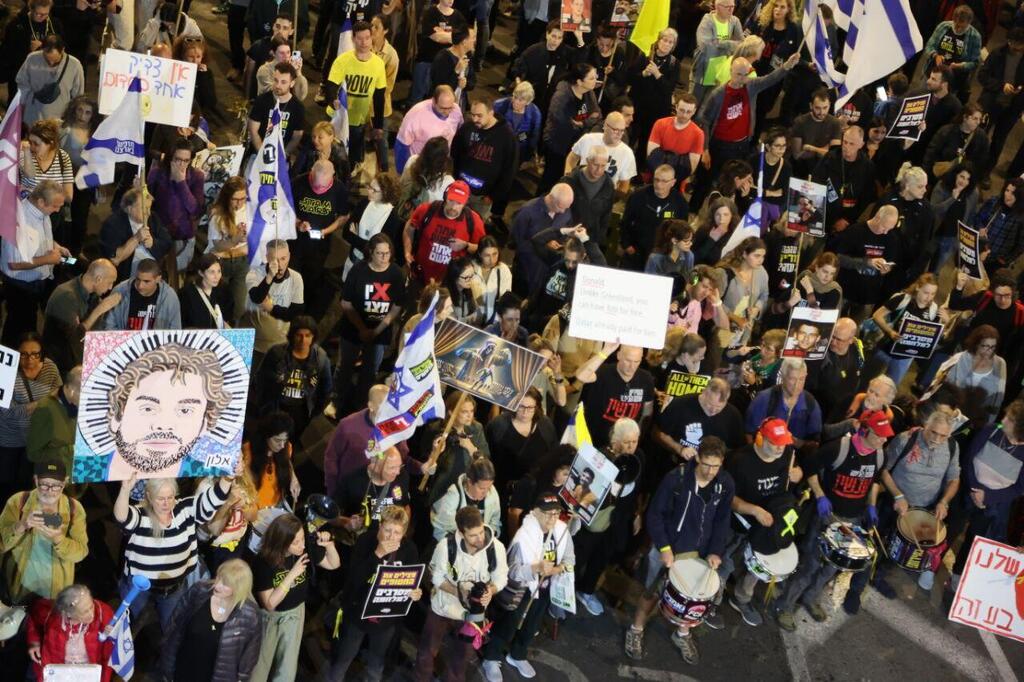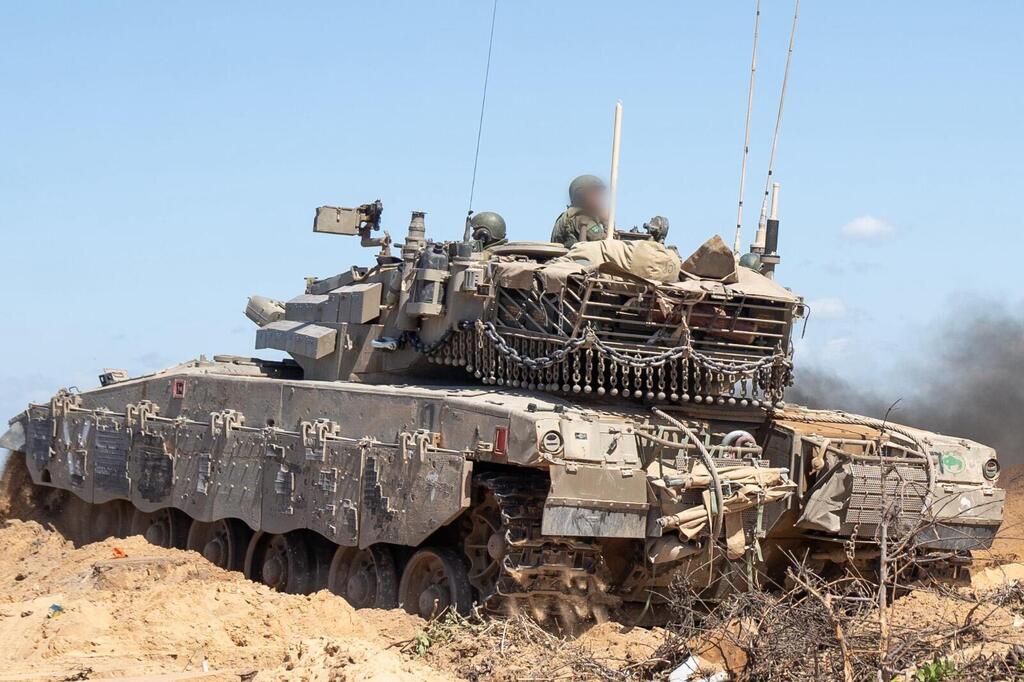Getting your Trinity Audio player ready...
The BBC reported Tuesday evening, citing a senior Palestinian official, that Hamas has rejected Israel's latest ceasefire proposal, which included a six-week truce during which 10 living hostages and the remains of 16 killed hostages would be released. Israel has yet to issue an official response.
According to the Palestinian source, Hamas dismissed the plan because it did not guarantee a permanent end to the war or a full Israeli military withdrawal from Gaza—both of which are central demands for the group.
3 View gallery


A hostage release deal does not appear to be forthcoming
(Photos: Alex Kolomoisky,Abdel Kareem Hana/AP,Evelyn Hockstein/Pool/Reuters)
In recent weeks, Israel has intensified military operations in Gaza, seizing additional territory and targeting Hamas infrastructure in an effort to pressure the group into releasing more hostages without committing to ending the conflict. The humanitarian situation in Gaza has deteriorated significantly, with the United Nations warning that conditions are now among the worst since the war began 18 months ago.
Earlier, a senior Hamas official told AFP on Tuesday that the terror group will "most likely" respond to an Israeli ceasefire proposal it received through mediators within 48 hours.
"Hamas will most likely send its response to the mediators within the next 48 hours, as the movement is still conducting in-depth consultations... within its leadership framework, as well as with resistance factions, in order to formulate a unified position", the official told AFP.
The proposal, passed to Hamas by Egypt and confirmed by multiple Arab outlets Monday, calls for the release of 10 hostages in exchange for 120 Palestinian prisoners serving life sentences.
The deal, as reported, would begin with the release of Israeli-American hostage Edan Alexander on the first day, as a gesture to the United States. On the second day, Hamas would free five hostages in exchange for 66 inmates serving life terms and 611 others from Gaza.
The plan prohibits public ceremonies for the hostages' release and includes safeguards to ensure humanitarian aid reaches only civilians. After the second phase, aid and supplies for displaced Palestinians would be allowed in, and Israeli forces would begin to reposition in Rafah and northern Gaza.
Get the Ynetnews app on your smartphone: Google Play: https://bit.ly/4eJ37pE | Apple App Store: https://bit.ly/3ZL7iNv
Negotiations on “the day after” — including Hamas' disarmament and a permanent truce — would begin on the third day. On day seven, Hamas would release four more hostages in exchange for 54 prisoners serving life terms and 500 other detainees from Gaza arrested after Hamas' Oct. 7 terror attack on Israel.
The Israel Defense Forces would then redeploy east of Salah al-Din Street, previously used by Gazans returning north before the last ceasefire collapsed.
On day 10, Hamas would provide information on the remaining living hostages in exchange for information about Palestinian detainees. On day 20, it would return the remains of 16 deceased hostages in exchange for 160 Palestinian bodies.
Negotiations for a permanent ceasefire are to be completed within 45 days. If successful, all remaining hostages — living and dead — would be released. A temporary ceasefire could be extended by mutual agreement. Hezbollah-affiliated Al-Mayadeen reported that Egypt, Qatar and the United States are increasing efforts to secure a lasting truce.
First published: 15:15, 04.15.25



